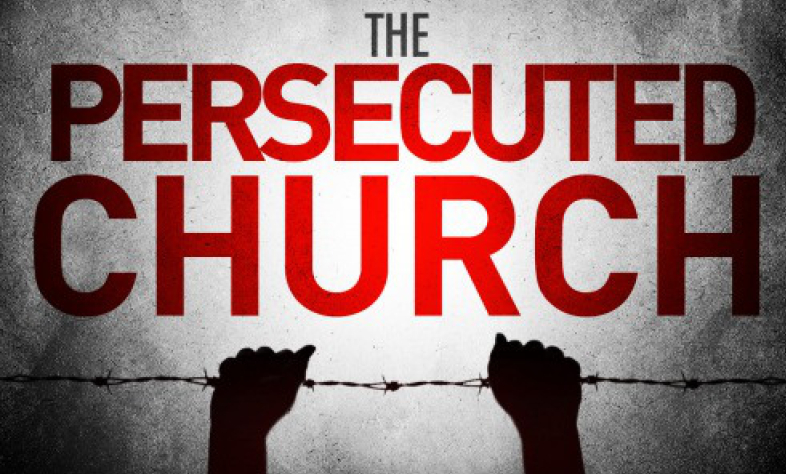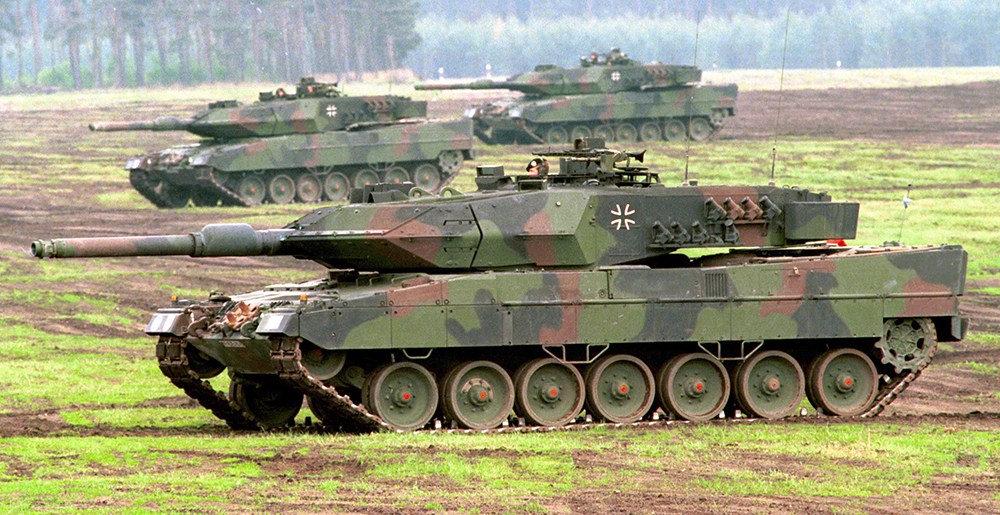The Specter of Persecution
 On this week’s edition of “The Hal Lindsey Report,” I address a subject that has loomed in the thinking of American Christians only as a hazy shadow in the far-off future. Well, that hazy shadow is beginning to come into sharp relief. That shadow is the specter of persecution.
On this week’s edition of “The Hal Lindsey Report,” I address a subject that has loomed in the thinking of American Christians only as a hazy shadow in the far-off future. Well, that hazy shadow is beginning to come into sharp relief. That shadow is the specter of persecution.
Of all nations on earth, the United States of America seemed to be the last place where the persecution of Christians would be a problem. But it’s no longer such a far-fetched idea.
Though religious freedom recently won a modest victory in the U.S. Supreme Court, it suffered a disturbing defeat in a Canadian Supreme Court decision. And what happens in Canada too frequently turns up in the United States!
I believe we are seeing a crescendo of events and changing attitudes — political, cultural, spiritual, and economic — that will soon coalesce to put evangelical Christians in the cross-hairs of our society. Many of you are already facing some of these challenges at work, at school (or your child’s school), or among your neighbors or family members.
“Political correctness” is even now a problem, but I don’t believe it will be too long before being “politically incorrect” will land you a fine or a jail term. When that happens, we will be faced with a choice: be “politically correct” or stand boldly and speak out for the Gospel of Jesus Christ.
In many parts of the world, our brothers and sisters are already facing that dilemma. Some are even paying for their boldness with their lives!
This week, I want to share with you the story of a man who faced that moment and stood tall. In fact, two of the 28 chapters in the Book of Acts are dedicated to “A Man Called Stephen.” His defense of the Gospel before the Sanhedrin was so brilliant, powerful, and Spirit-directed that he drove the council of learned scholars into a frenzy. They mobbed him. Then they took him out and stoned him to death.
Now, you’re probably thinking that it doesn’t sound like Stephen offered a very effective defense if it resulted in his death. Consider this, though. He was an ordinary Israelite who allowed himself to be so completely used by the Holy Spirit that he literally confounded the most educated religious leaders of his day.
When they finally realized they were guilty of the grievous charges with which Stephen accused them, they gnashed their teeth and killed him. Yet during the inquisition, the power of the Holy Spirit was so strong upon Stephen that “his face was like the face of an angel.” And when he fell asleep, the Bible implies that Jesus Christ Himself stood in honor of Stephen’s obedience!
Not only did this ordinary believer, who allowed himself to be used by the Spirit, so please Jesus that He stood to welcome him home, but his example no doubt inspired one of the young rabbis who witnessed the entire ordeal. Saul of Tarsus would later become history’s greatest evangelist: Paul the Apostle.
So, don’t despair that days of persecution may lie ahead. Jesus Himself promised that He would give us the words to say when that moment comes. And rather than our darkest hours, those moments will be our brightest.
Copyright © 2018 Hal Lindsey.com–All rights reserved
 A few people remember President Dwight Eisenhower’s Farewell Address, where he warned Americans about the
A few people remember President Dwight Eisenhower’s Farewell Address, where he warned Americans about the